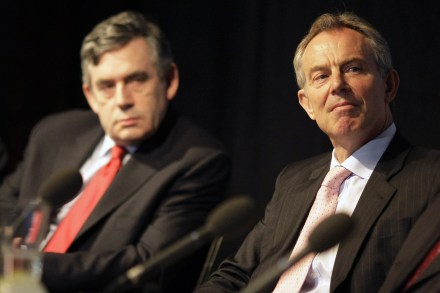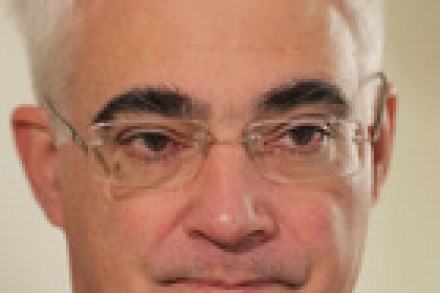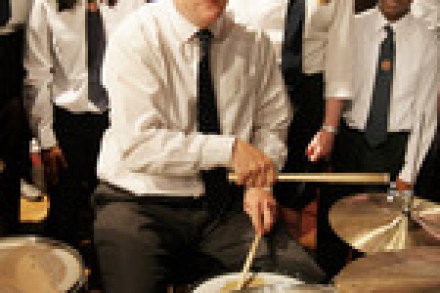Clegg must resist Brown’s sweet nothings
Gordon Brown is usually at his most patronising when confronting Nick Clegg. Last week, however, hectoring gave way to affection. Brown was almost tender. Of course, this sudden change has an obvious explanation. Brown and Clegg are brothers in arms: devotees of electoral reform, or so the Road Block would have us believe. Robert McIlveen laid counter-arguments against Brown’s opportunism and Boris Johnson repeats them in his Telegraph column today, concluding: ‘There is one final and overwhelming reason why Britain should not and will not adopt PR – that it always tends to erode the sovereign right of the people to kick the b––––––s out.’ The Lib Dems have been

































